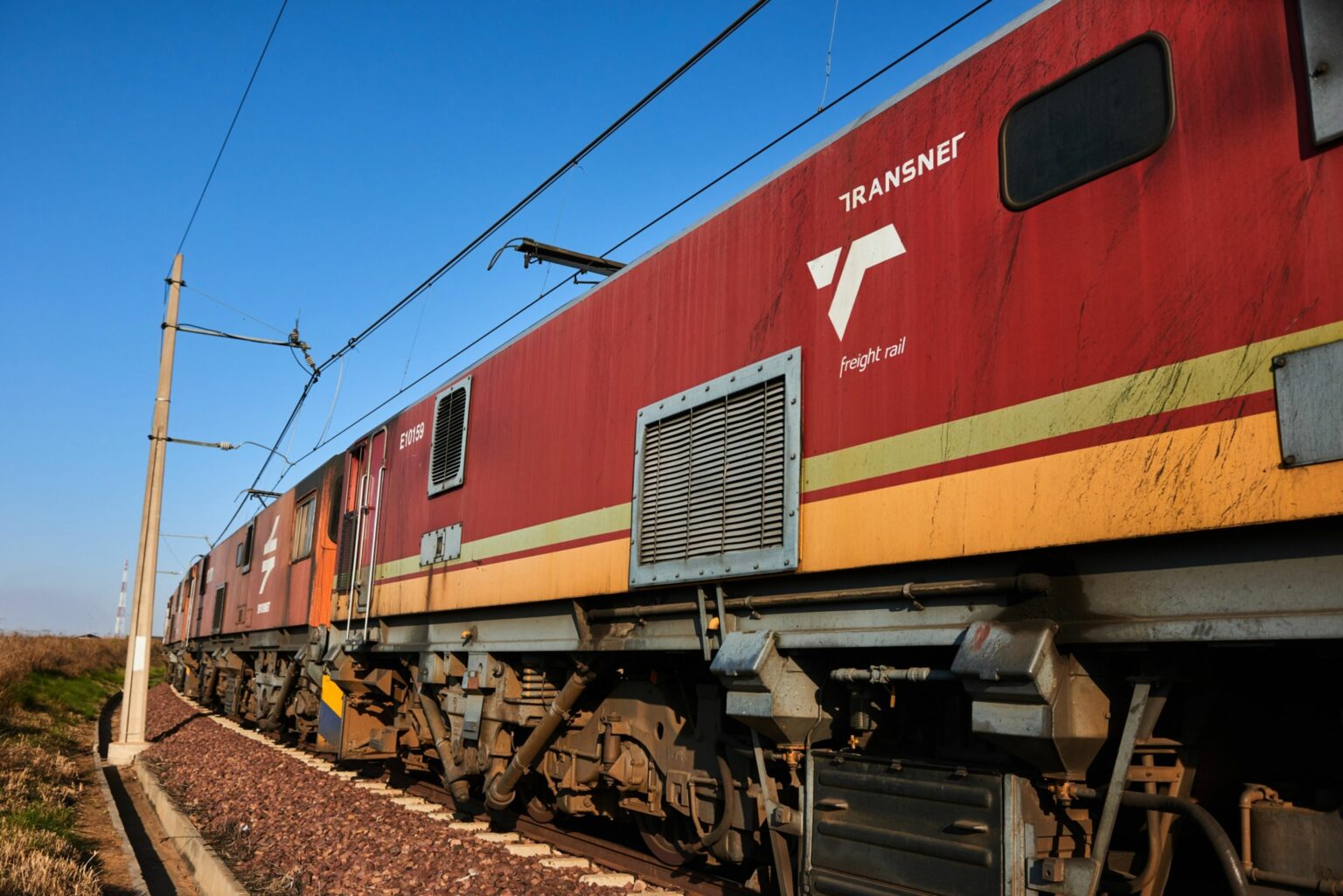Transnet bond jumps by record on $2.5bn South African aid

Transnet’s bonds gained the most on record after South Africa’s National Treasury agreed to provide a R47 billion ($2.5 billion) support package to the nation’s beleaguered rail and ports operator.
The company will be able to access R22.8 billion immediately under a guarantee facility, the Treasury said in a statement on Friday. Transnet will have to meet “strict guarantee conditions” for the rest of the funds, according to the statement.
Derailments, equipment shortages, vandalism, corruption and even weather have hobbled Transnet’s operations. That has prompted companies to cut thousands of jobs to reduce costs as commodities pile up at warehouses and ports. Transnet had requested an equity injection from the state, as its R130 billion debt pile means it’s unable to fund itself in capital markets. It also needs money for a turnaround plan.
“It shows that South African government cares about fully owned sovereign entities and do understand financial markets’ concern,” said Soren Morch, head of emerging market debt at Danske Bank A/S. Transnet can now issue a new rand or dollar bond using the guarantee from the Treasury, which would encourage investors to participate, he said.
Transnet’s 2028 dollar bonds surged the most since they were issued in January. The yield on the $1 billion of securities plunged 44 basis points to 8.68%, the lowest since August 1. South Africa’s rand strengthened 0.8% to R18.69 per dollar.
The guarantee “creates opportunities for restructuring the balance sheet” and also brings in a much-needed level of oversight over the longer term, said Jan Havenga, an emeritus professor at Stellenbosch University, who specialises in logistics. It can also accelerate some of the company’s plans to boost operations, he said.
Locomotive shortages, and crime including sabotage have plagued the rail network, with deliveries from coal mines to the main export terminal dropping to the lowest level in three decades. Ports have become clogged with vessels, partly due to extreme weather that’s damaged equipment. With the breakdown of the national logistics network, finances have become dire.
“Transnet has received allocations and presumably bailouts from Treasury before and the question still remains whether the management, operational foresight and control that was required for many years will now come into play,” said Gavin Kelly, chief executive officer of the Road Freight Association.
The company rolled over R7 billion of debt that was due November 6 by issuing short-term paper to the Public Investment Corp, which oversees South African government pension funds. That debt is due to be repaid in March, giving Transnet less than four months to effect a turnaround.
Moody’s Investors Service on November 10 put the company’s rating on review for downgrade, citing concern that Transnet’s liquidity profile is weakening.
The current obstacles at Transnet are rooted in issues stretching over the past decade as corruption and mismanagement during the administration of former President Jacob Zuma took their toll, followed by pandemic-induced losses. A surge in infrastructure theft and restrictive graft-prevention measures by the Treasury deepened the malaise.
Portia Derby, appointed three years ago as chief executive officer to fix the business, left as the situation grew worse.

